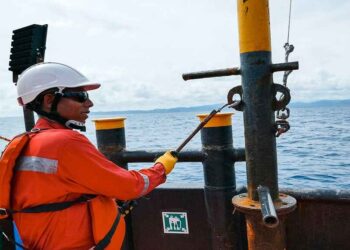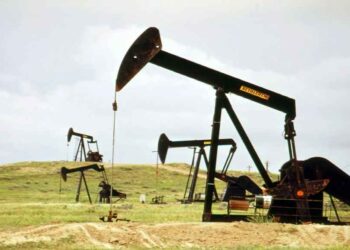The Anglo-Dutch company Royal Dutch Shell has received conditional approval from the US regulator Bureau of Ocean Energy Management (BOEM) to explore oil in the Chukchi Sea, off Alaska.
Already, Shell is said to have invested around $6bn on exploration in the Arctic region, which has an estimated 20% of the world’s undiscovered oil and natural gas.
Under the conditional approval given for the company’s revised multi-year exploration plan (EP), Shell needs to obtain all necessary permits from other state and federal agencies.
As part of the conditions, Shell also has to secure permits from the Bureau of Safety and Environmental Enforcement (BSEE), and appropriate authorisations under the Marine Mammal Protection Act to go ahead with drilling.
The EP involves all exploration activities planned by Shell, which include drilling of up to six wells within the Burger prospect, located in approximately 140ft of water.
Shell will use the drillship M/V Noble Discoverer, and the semi-submersible drilling unit Transocean Polar Pioneer to drill the wells.
After completion of each exploration drilling season, the two drilling units, along with their supporting vessels will leave the Chukchi Sea.
BOEM director Abigail Ross Hopper said: “We have taken a thoughtful approach to carefully considering potential exploration in the Chukchi Sea, recognising the significant environmental, social and ecological resources in the region and establishing high standards for the protection of this critical ecosystem, our Arctic communities, and the subsistence needs and cultural traditions of Alaska Natives.
“As we move forward, any offshore exploratory activities will continue to be subject to rigorous safety standards.
BOEM’s condition of approval means that Shell has to refrain from commencing drilling operations until it gets all biological opinions under the Endangered Species Act.
In response to the US Government’s decision, WWF-UK polar programmes manager Rod Downie said: “British shareholders should be very concerned about Shell’s irresponsible plans to drill in Alaskan waters. Arctic wildlife is already threatened by warming temperatures and loss of sea ice.
“Shell’s bungled Arctic operations in recent years have demonstrated that they can’t drill safely in this high-risk environment. Another major spill caused by a UK-registered company like Shell would be a great national embarrassment.”
WWF US Arctic programmes managing director Margaret Williams said: “Without proven technologies to clean up potential spills, offshore drilling is too great a risk to America’s Arctic. We have so many better energy choices, including promising technologies that provide clean ways to power our lives, without harming the planet.”

















































